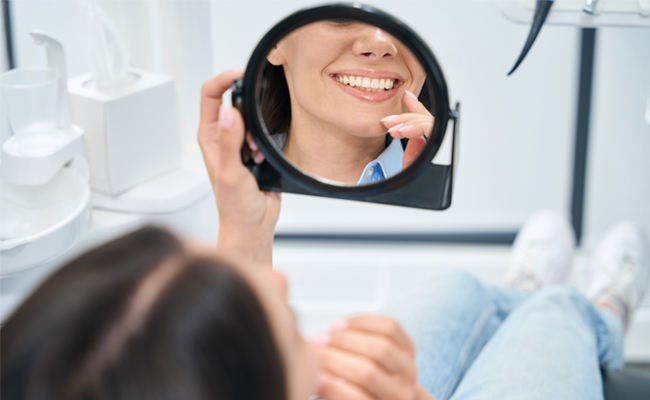8092 Edwin Raynor Blvd # D, Pasadena, MD 21122

Differentiating Whitening Toothpaste and Bleaching
Teeth whitening and bleaching are terms often used interchangeably in cosmetic dentistry, both aimed at enhancing the brightness of teeth. However, there's a distinction between the two processes according to the American Food and Drug Administration (FDA).
Bleaching involves the use of products containing bleaching agents like hydrogen peroxide or carbamide peroxide, which can whiten teeth beyond their natural shade by removing deep stains. On the other hand, whitening refers to products that primarily remove surface stains without using bleach.
Understanding How Teeth Whitening Works
Whitening Toothpaste vs. Bleaching
There is a misconception that tooth whitening toothpaste is equivalent to bleaching products. However, as noted, bleaching products contain peroxide and other ingredients, and the procedures for using these products differ.
Tooth whitening toothpaste, on the other hand, includes ingredients like aluminum oxide, baking soda, calcium carbonate, and silica. These act as effective stain-removing abrasives but are milder compared to peroxide, which is absent in whitening toothpaste formulations.
While tooth whitening toothpaste contains active ingredients that provide extra polishing, it can only lighten teeth by a few shades compared to professional teeth whitening treatments in Pasadena, MD. Therefore, it is most suitable for individuals with mildly discolored teeth.
Benefits of Professional Teeth Whitening
- Customized Treatment: Dentists tailor the whitening procedure to your specific needs and tooth sensitivity levels, ensuring effective and safe results.
- Stronger Whitening Agents: Professional whitening solutions contain higher concentrations of bleaching agents like hydrogen peroxide or carbamide peroxide, which can penetrate deeper into the enamel to remove stubborn stains.
- Faster Results: With in-office treatments, you can achieve noticeably whiter teeth in just one session, whereas over-the-counter products may take weeks or months to show results.
- Safety Measures: Dentists use protective barriers to shield your gums, lips, and other soft tissues from the whitening gel, minimizing the risk of sensitivity or irritation.
- Long-lasting Effects: Professional whitening treatments can provide longer-lasting results compared to store-bought options, helping you maintain a brighter smile for an extended period.
- Expert Guidance: Dentists offer professional advice on post-treatment care and maintenance to maximize the longevity of your whitening results and ensure overall oral health.
New Patients & Emergency
Appointments Welcome!
New Patients & Emergency
Appointments Welcome!
